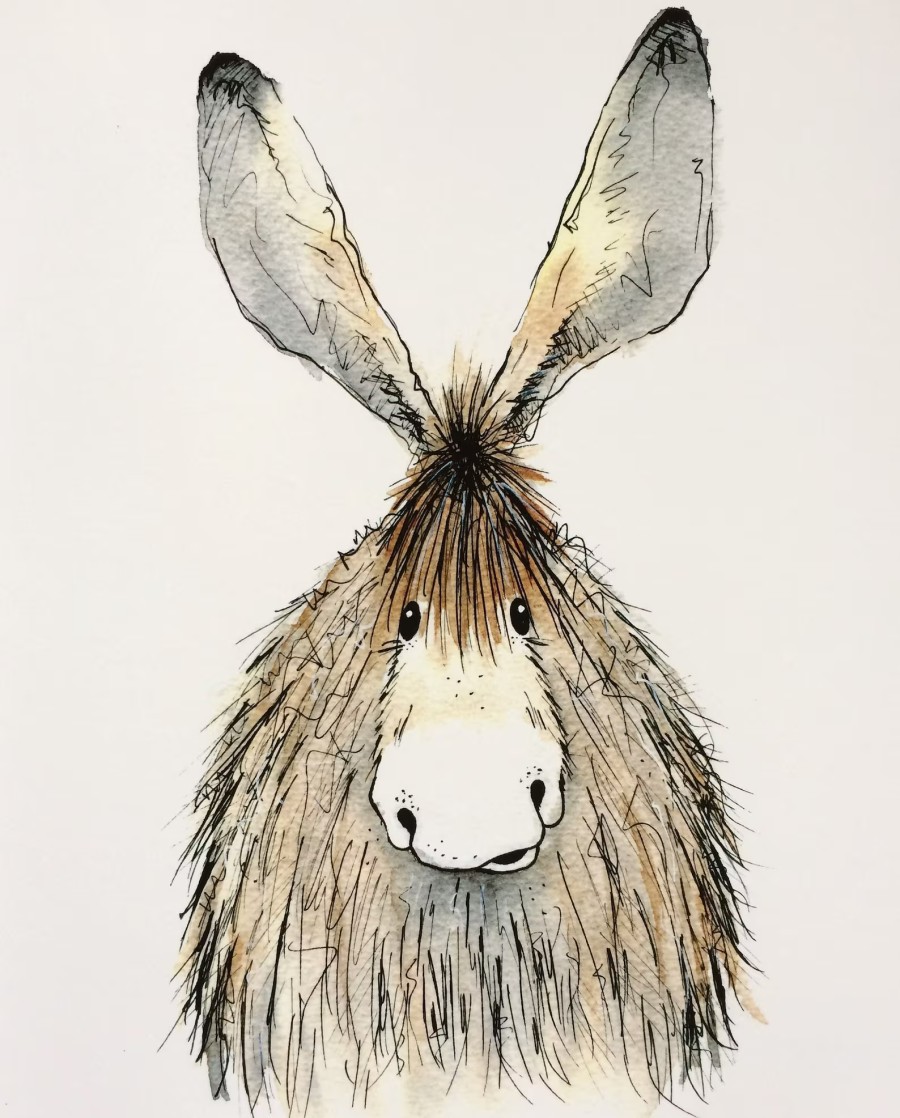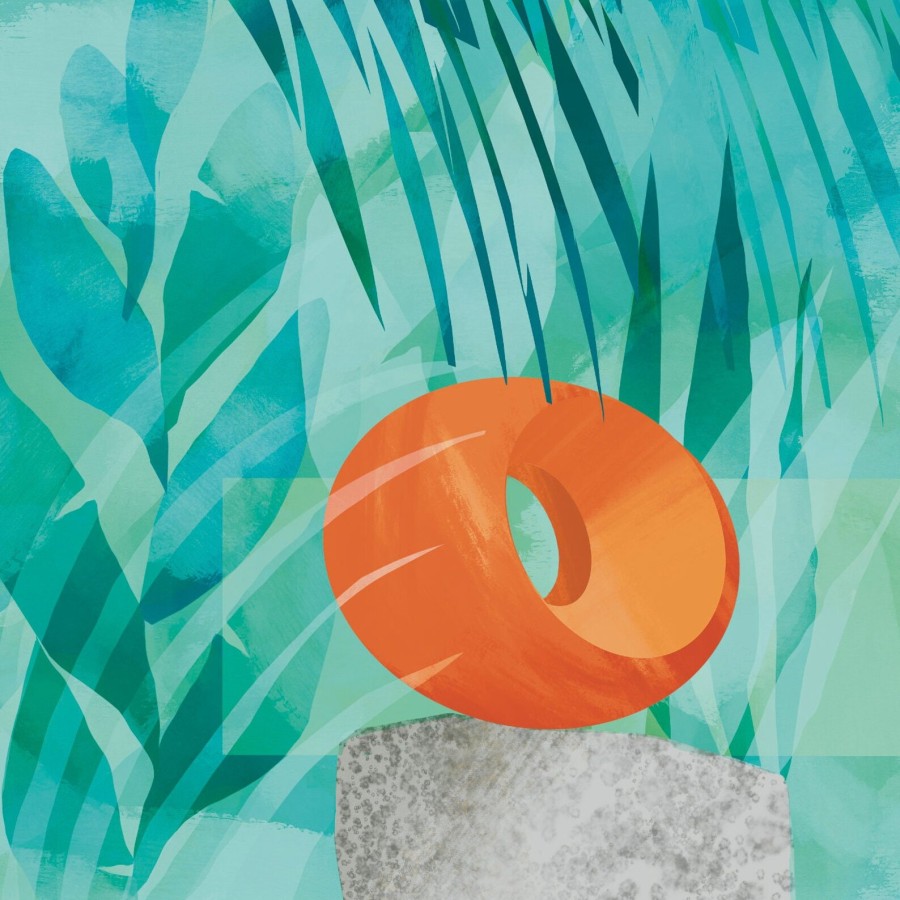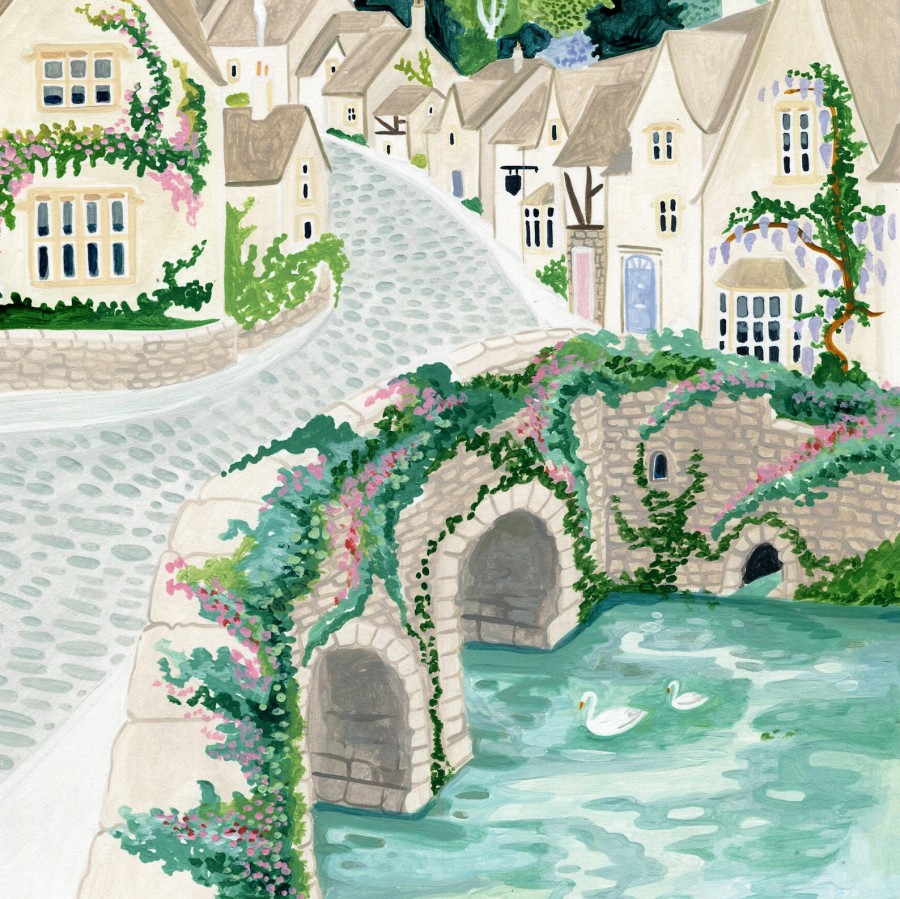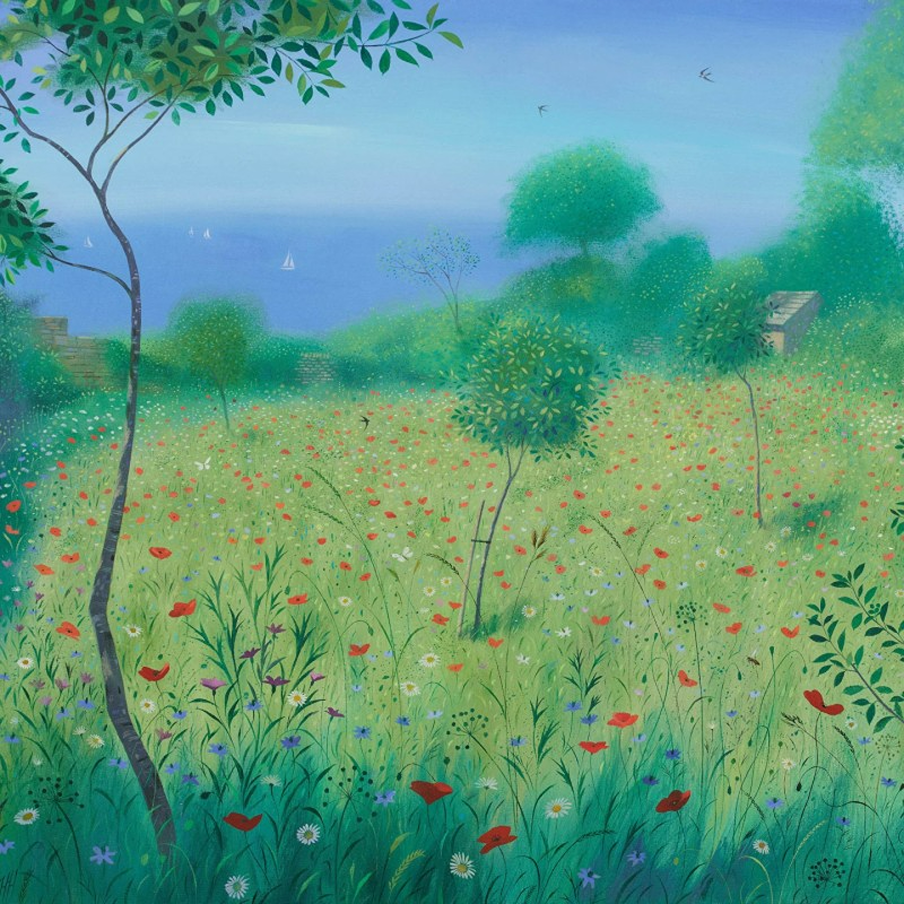
Ecological writer Satish Kumar once wrote that ‘unless you know Nature, you cannot love her’. Likewise, if we wish to protect England’s green and pleasant land, it’s important to get to know why. People who drop fast food litter, pollute our seas with oil and hunt our precious wildlife, obviously were never taught all about why our land is so beautiful and precious.
Devon is a large county that spans south, east and north. The south is home to sailing resorts and Totnes (a quirky town) and the cities of Plymouth and Exeter. East Devon has quiet seaside resorts like Sidmouth and the North of Devon is also much quieter, with many quiet seaside resorts. The county is also home to two small national parks: Dartmoor and Exmoor.
Devon also has two of England’s smallest national parks: Exmoor and Dartmoor (both known for ponies). There are two cities: elegant Exeter and maritime Plymouth (right on the border with Cornwall). Inland is Totnes, home to the world’s first transition town (people shop local, use local currencies, and put community solar panels on school roofs, so nobody suffers when oil prices go up).
Buckfast Abbey is the local Catholic monastery, run by Benedictine monks. It’s known for making which not to everyone’s taste as it’s very sweet (notes of plums, cherries, cola and anise). But it’s high in caffeine. For this reason, its best clients are certain residents on housing estates in Scotland. Apparently the local council tried to ban its sale, but the monks asked why they don’t ban whisky too? Fair point. It’s known locally as ‘rock the hoose juice’ or a bottle of ‘what are ye looking at?!’
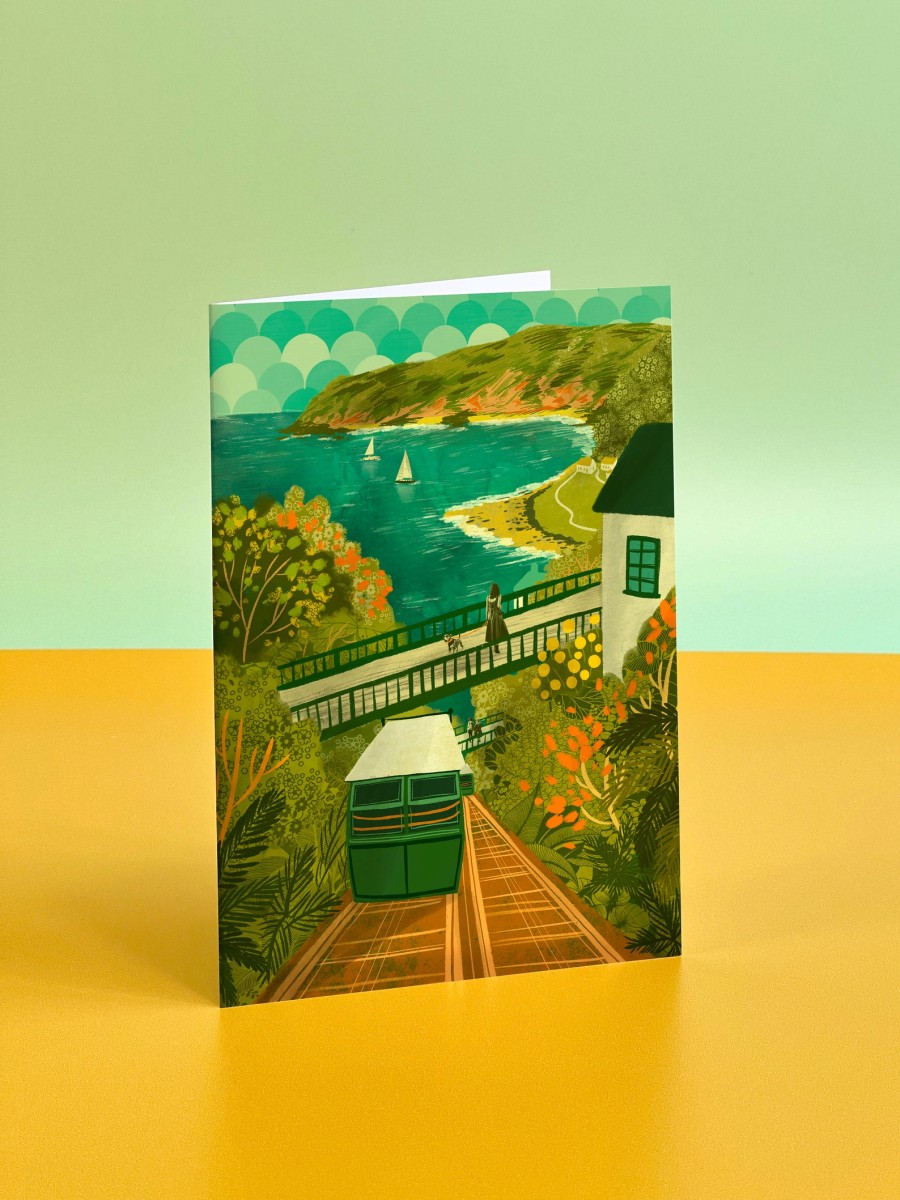
Lynton & Lynmouth is a pretty little coastal resort on the North Devon coast, known mostly for being home of one of England’s remaining cliff railways, which runs on water power. Built in Victorian times, enjoy beautiful views of the harbour, Exmoor national park and the Bristol channel, from the lovingly restored carriages, as you can ascend the 862 foot high cliff.
40 favourite walks on wild Exmoor
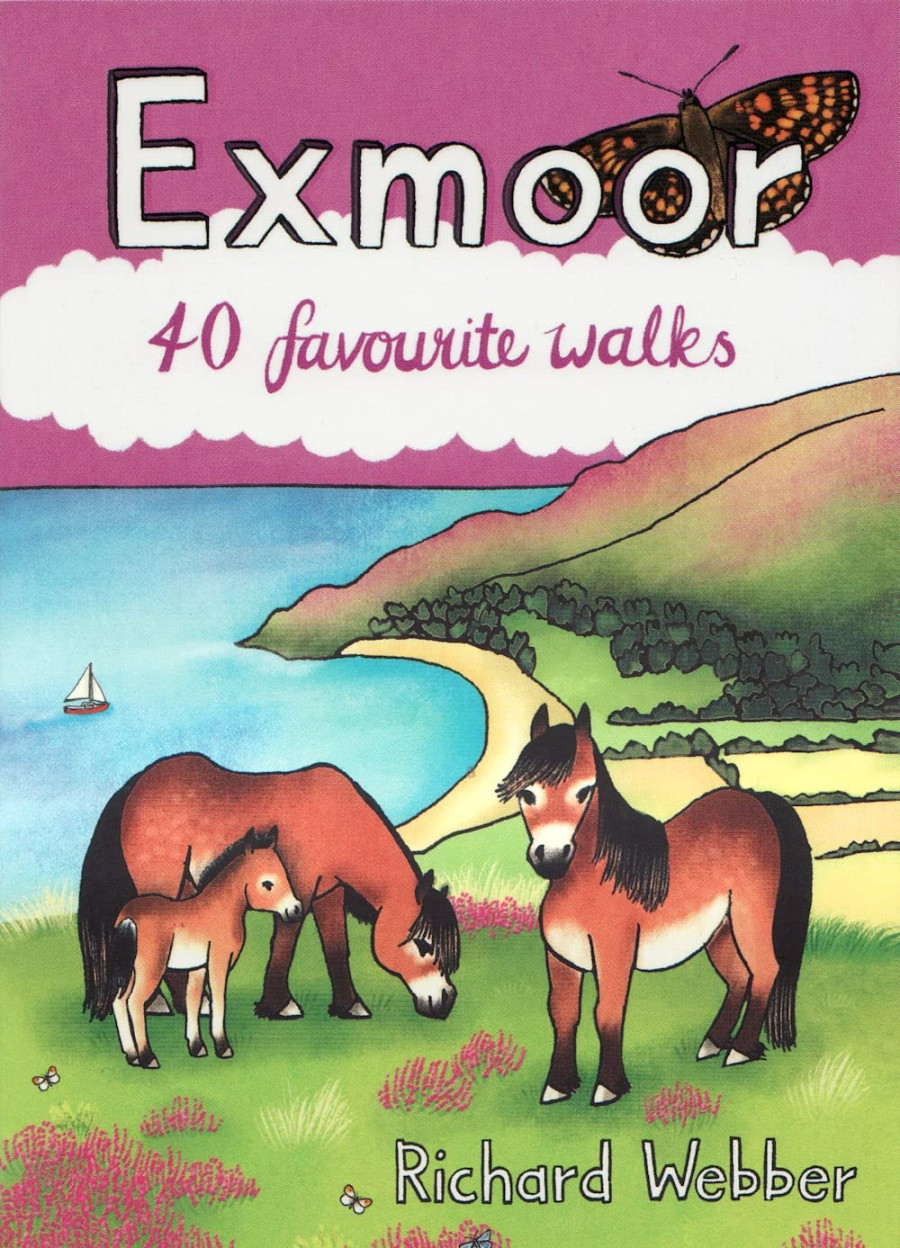
40 Favourite Hill Walks on Exmoor is a nice little pocket guide. Straddling Somerset and Devon counties, Exmoor has a coastline of cliffs lining the Bristol channel, along with wooded valleys, tumbling streams and wild moorland. It has been a national park since 1954 and is full of small charming villages and towns. Exmoor also has over 1000km of public rights-of-way and many long-distance walks that criss-cross the landscape.Always follow the Countryside Code, to keep dogs, barnyard friends and wildlife safe. And read how to stay safe with dogs by the sea.
Exmoor is also known for minimal light pollution, as you can see see thousands of stars and the Milky Way with the naked eye. Wild Exmoor ponies should be left alone – they have plenty of natural food and could bite or kick if disturbed.
a gorgeous inspiring Devon nature journal
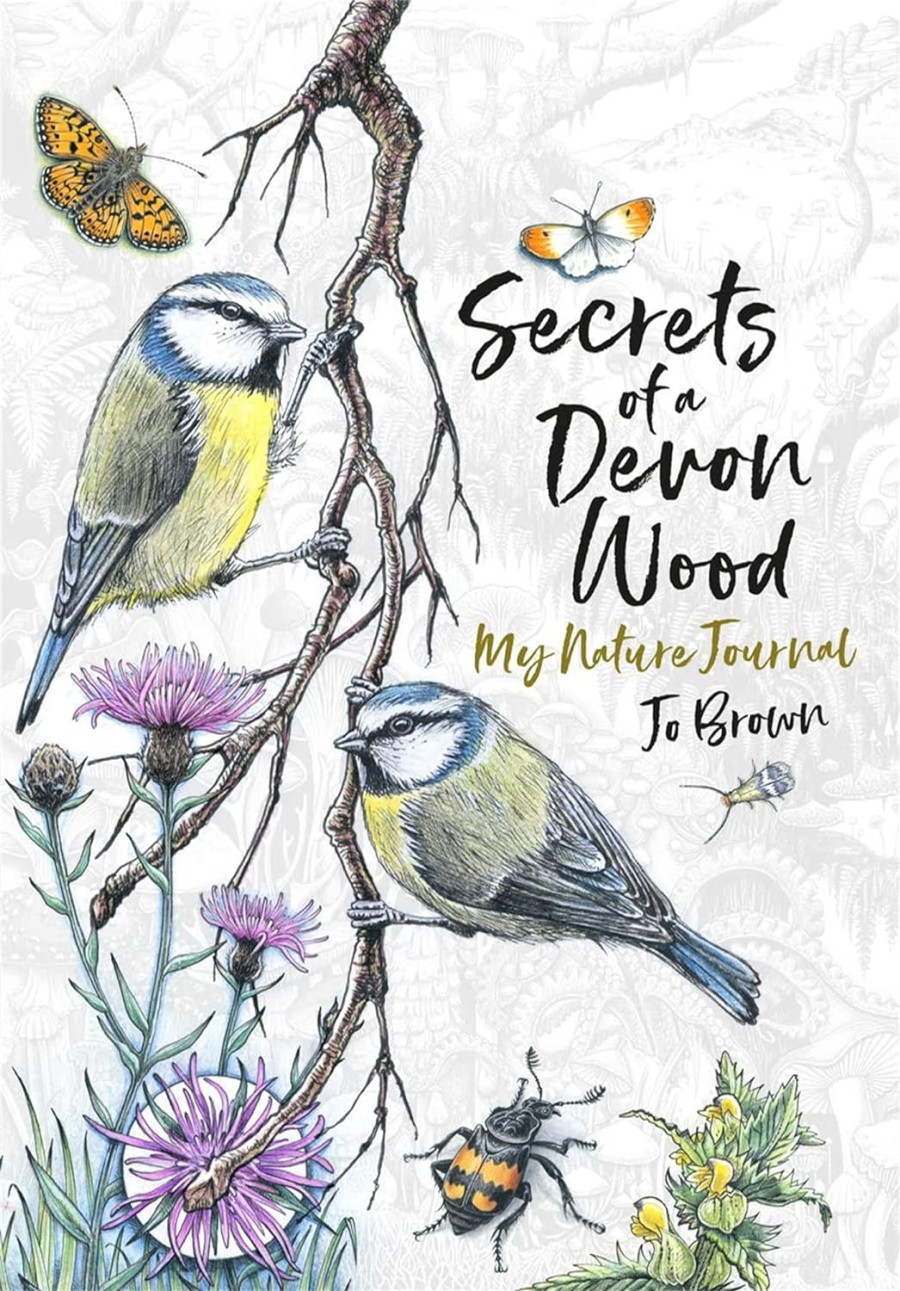
Keeping a nature journal can not just hone creative skills, but creates a stronger connection to the natural world. Use recycled pencils & recycled art paper. Or for paints, biodegradable watercolours & vegan brushes.
Secrets of a Devon Wood is a treat for the senses, with exact replicas of illustrations that the artist makes of discoveries she finds in the wood behind her Devon home. Jo Brown began keeping her nature diary because ‘thing of such magnitude deserve respect and understanding, and deserve to be remembered’.
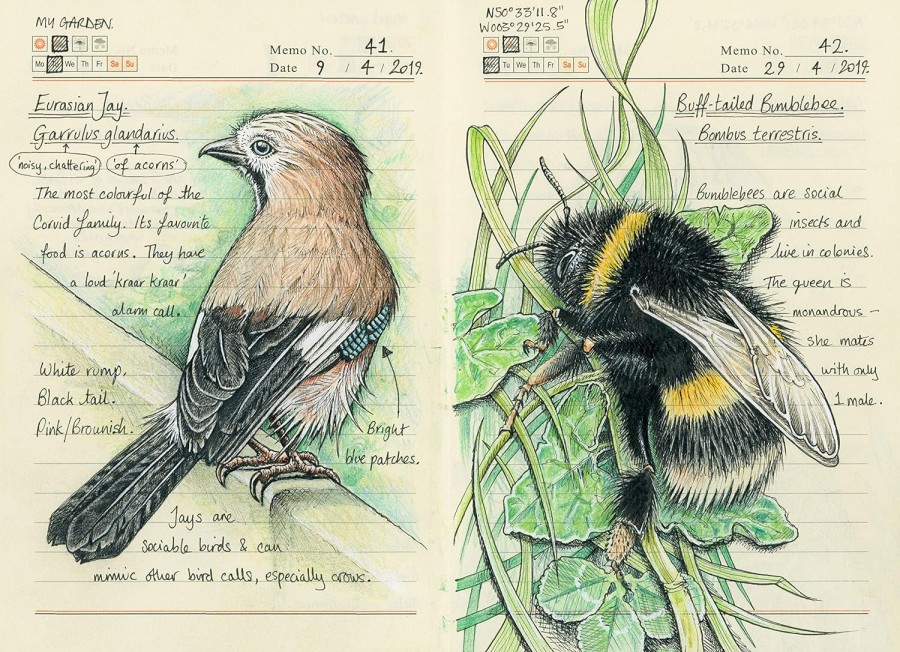
In enchanting and minute detail, she zooms in on a bog beacon mushroom, a buff-tailed bumblebee or a native bluebell. And notes facts on physiology and life history. This book is a hymn to the beauty of the natural world, and a quiet call to arms for all of us to acknowledge and preserve it. A book that will stay with you.
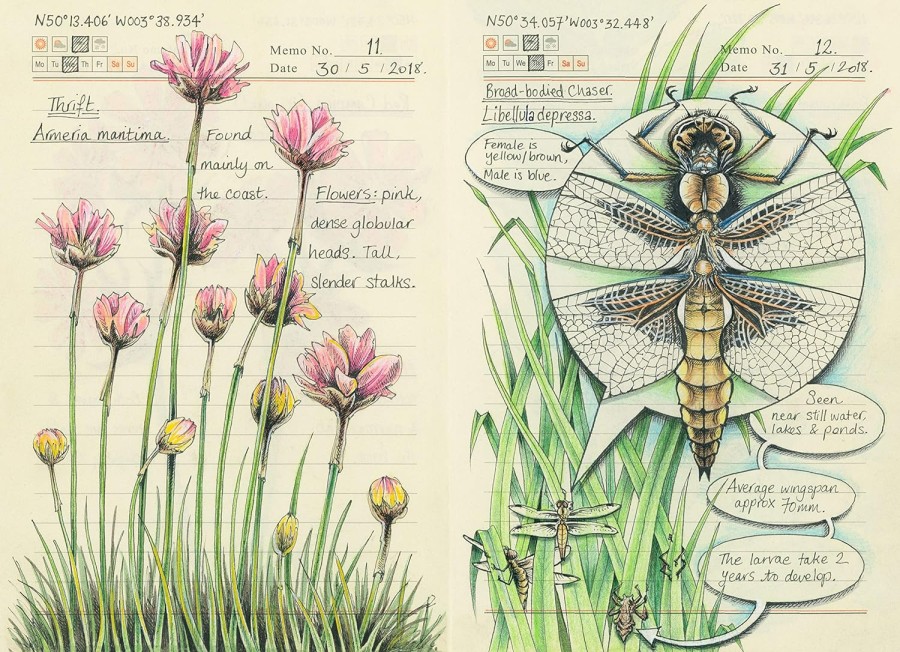
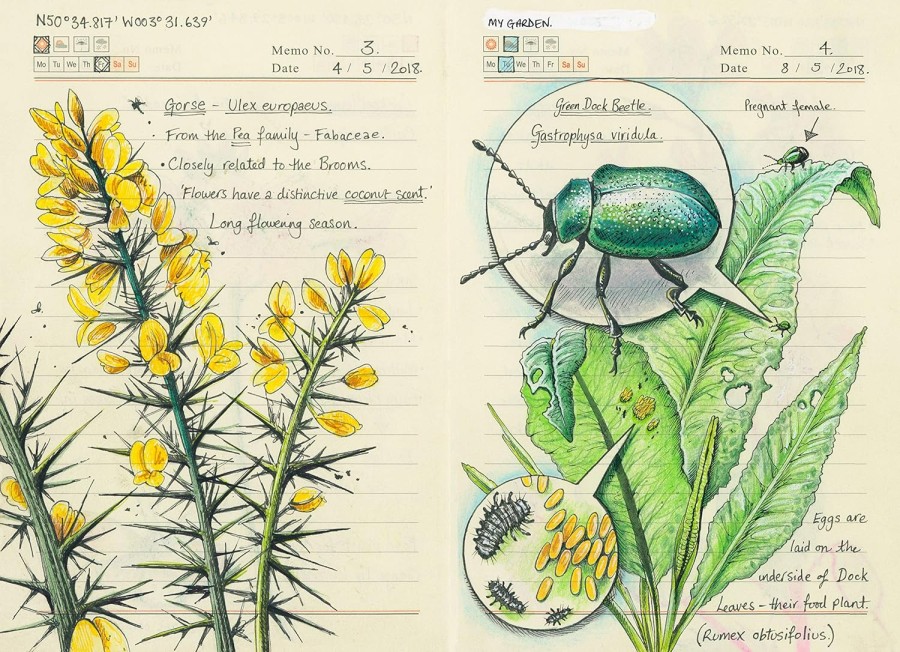
Jo Brown is a professional illustrator from Devon, who graduated from Falmouth College of Arts with a BA Honours in Illustration. She works from her home studio to illustrate the natural world, working mainly with pen and ink.
handpicked holiday cottages in Devon
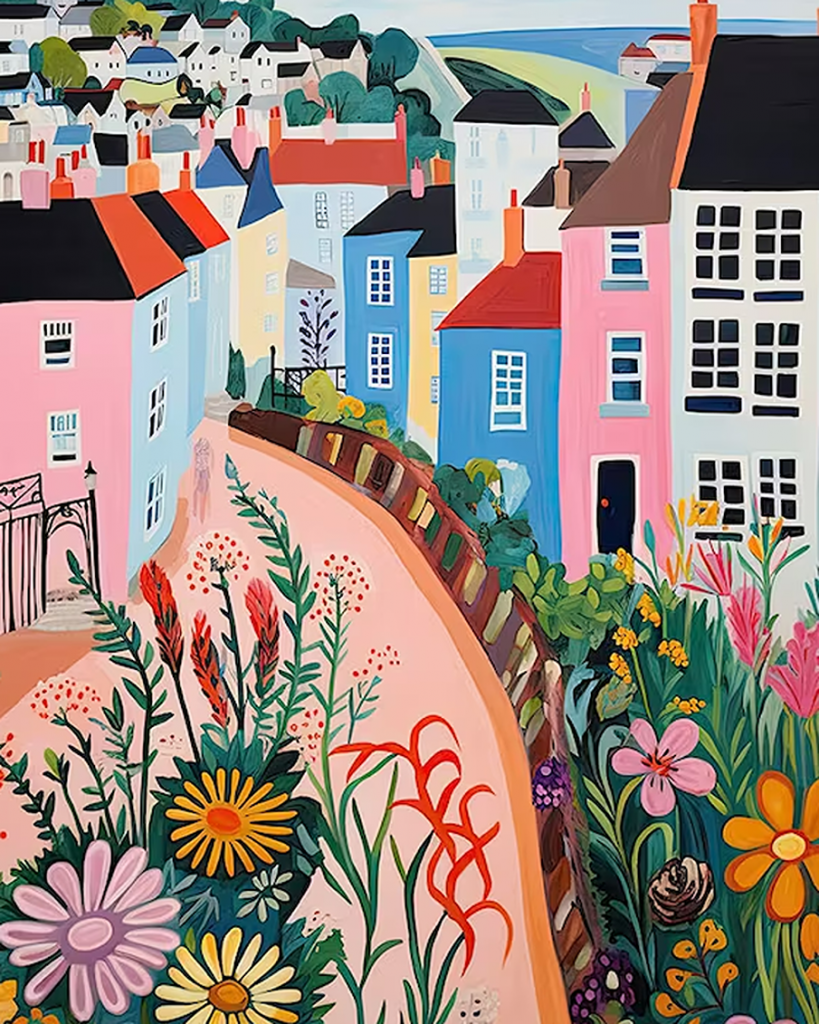
If you are going on holiday as a family or group, sometimes it’s more affordable to rent a self-catering property rather than hotel. Buy your food at local shops, then enjoy ‘the comforts of home’ while away. Holiday cottage websites let you filter for pets, children, accessibilty and size, along with area (by the sea etc).
Always follow the Countryside Code when walking and read how to keep dogs safe at the beach. If you rent holiday cottages, make gardens safe for pets (avoid facing indoor foliage to gardens, to help stop birds flying into windows).
Devon Hideaways is a wonderful website where you can find hundreds of hand-picked cottages and self-catering accommodation, if you fancy a trip to southwest of England. Run by a local team who are passionate about their area, each property is quality-checked and there is 24/7 support. From short breaks to longer stays, you can filter by the kind of holiday you want, whether that’s area, type of accommodation or dog-friendly (or dog-free if you have allergies). There are also ground floor properties for those who need them.
Devon is one of England’s largest counties, divided into three areas: North Devon is less touristy and South Devon more for sailing resorts. Eas Devon is home to quaint seaside towns like Sidmouth (which has its own little team of ‘plastic warriors’ to keep the town litter-free).
Devon also has two of England’s smallest national parks: Exmoor and Dartmoor (both known for ponies). There are two cities: elegant Exeter and maritime Plymouth (right on the border with Cornwall). Inland is Totnes, home to the world’s first transition town (people shop local, use local currencies, and put community solar panels on school roofs, so nobody suffers when oil prices go up).
Buckfast Abbey is the local Catholic monastery, run by Benedictine monks. It’s known for making which not to everyone’s taste as it’s very sweet (notes of plums, cherries, cola and anise). But it’s high in caffeine. For this reason, its best clients are certain residents on housing estates in Scotland. Apparently the local council tried to ban its sale, but the monks asked why they don’t ban whisky too? Fair point. It’s known locally as ‘rock the hoose juice’ or a bottle of ‘what are ye looking at?!’

